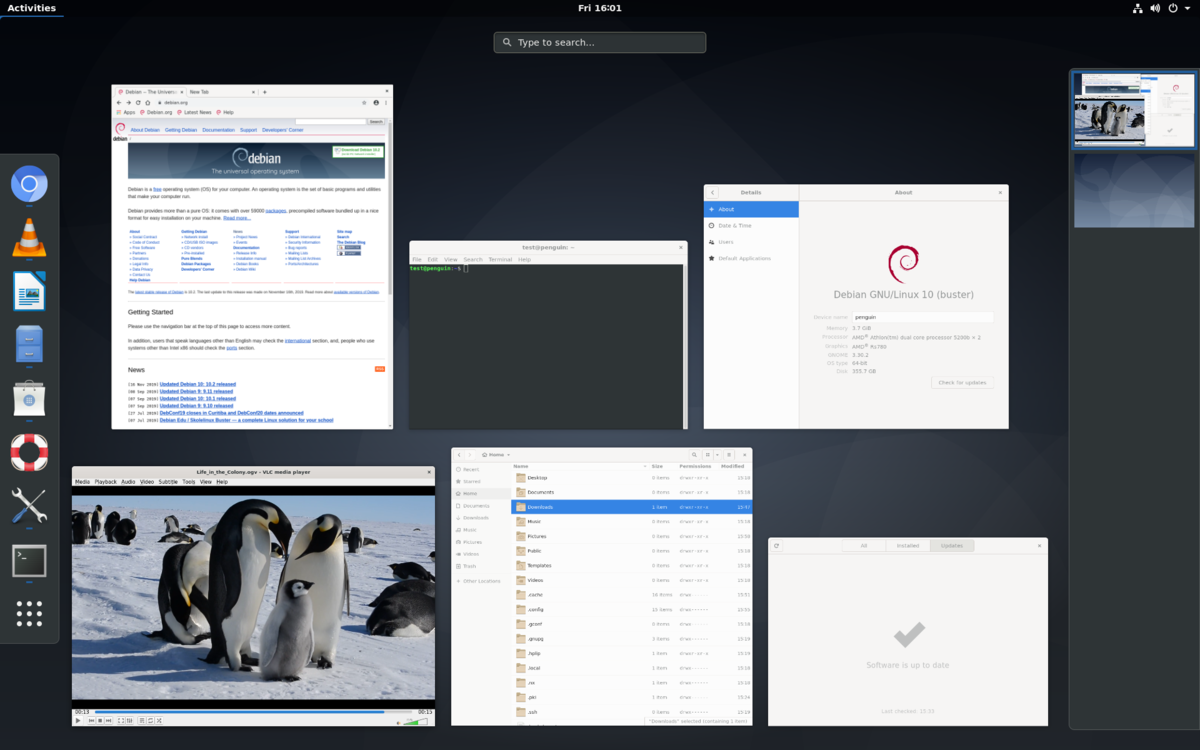I just noticed that there is such a port www/freenginx.
What is www/freenginx for?

I remembered reading about this software www/freenginx half a year ago.
The future of Nginx?
Just received this e-mail in Nginx mailing list: Hello! As you probably know, F5 closed Moscow office in 2022, and I no longer work for F5 since then. Still, we’ve reached an agreement that I will maintain my role in nginx development as a volunteer. And for almost two years I was working on...forums.freebsd.org
I have the feeling that's is exactly what most people will do, it's a bit too early to jump off the boat.For now I’ll stay on www/nginx.
Absolutely. Also, I still don't understand what the disagreements were with F5.I have the feeling that's is exactly what most people will do, it's a bit too early to jump off the boat.
IIRC the management interfered more and more with development, various new/'advanced' features were demanded to be exclusive to the commercial "nginx plus" variant and the tipping point was F5 insisting on applying CVEs to some experimental/development code that wasn't even used or enabled in release versions.Absolutely. Also, I still don't understand what the disagreements were with F5.
I didn't know angie so I looked at the website and it says:I moved to angie a while ago - simply because it is a fully "free" project, not entangled with some commercial entity that isn't on par with its developers. This never was a good mixture and I fear with nginx it will be the same...
How is it different from nginx? it's a real question, no sarcasms.A commercial version, Angie PRO, is also available, which has additional features and is listed in the Russian software registry.
I didn't know angie so I looked at the website and it says:
How is it different from nginx? it's a real question, no sarcasms.
I think one of the disagreements was with the CVEs that were announced around that time.Absolutely. Also, I still don't understand what the disagreements were with F5.
Fingers crossed otherwise people will be back to apacheBut still: with 3 concurrent drop-in-replacements I suspect (hope) even in a worst case scenario at least one of them (or yet another fork) will survive to which one can fall back upon...
Never back to apache. There'll always be alternatives like caddy.sko
Yeah it's hard to predict what a project will become if it is successful.
Fingers crossed otherwise people will be back to apache
Well that's just not true. Debian is famous for holding back updates.hmm, the point of using a system FreeBSD with such a policy is lost; in Linux, using Debian as an example, packages programm in repositories are updated in a timely manner, with no big difference in days from the official release of the program.
I have been using the FreeBSD system for a long time, I like management in system, but the policy of creating ports is all ports.

I have 50/50 systems, freebsd and debian.Debian will only do major/minor updates to packages with each new release of debian, which happens every two years. This is why most debian based distributions rely on debian-testing. So with debian we are talking years between the official release of software and it being present in the repositories.
In the mean time they continuously backport patches.
